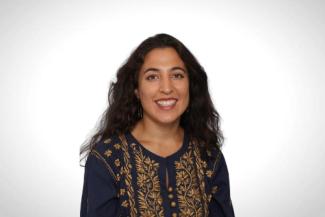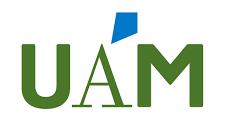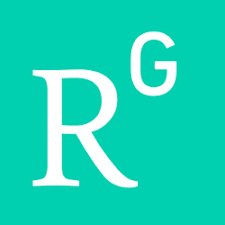Ruth H. Tichauer is a postdoctoral researcher at the Universidad Autónoma de Madrid. She received her Ph.D. in 2019 from the Université de Toulouse III, Paul Sabatier, in Toulouse France, then moved to Finland to join the Jyväskylä Yliopisto and work on light-matter interactions at the atomic scale. Her research focusses on the development of computational methods aimed at investigating the properties of organic materials when subjected to strong, inhomogeneous electromagnetic fields.
Host University: Universidad Autónoma de Madrid, Spain
Host research group or department: Condensed Matter Physics Center (IFIMAC) and Departamento de Física Teórica de la Materia Condensada - MMUSCLES
Co-host University: Aix-Marseille University, France
Secondment institution: To be defined
Advisor: Dr. Johannes Feist
Co-advisor: Dr. Mario Barbatti
Secondment mentor: To be defined
My research
QOMQER - Quantum Optics Meet Quantum chEmistRy
Low energy consumption devices that process information in a fast, robust and secure manner are of fundamental importance in an ever growing society with increasing communication needs. Owing to their reduced losses and fast operation speed, photonic circuits where organic photoactive molecules function as the signalling processing elements hold great potential for future devices. However, the photo physical properties of chromophores are dramatically affected by its material and electromagnetic environment. I propose to merge Quantum Optics and Quantum Chemistry approaches in a molecular dynamics framework to perform simulations of bright emitters, within their environment, placed in nano-photonic structures. In this manner, I will assess the effect of the complex chemical environment on the emitter photo-dynamics under weak/strong light-matter coupling with unprecedented accuracy for describing both the complex material and electromagnetic fields arising in the vicinity of such plasmonic nanostructures. The fundamental understanding on the excited state dynamics of the emitter in such conditions, will pave the way for the optimisation and design of devices based on molecule-nanophotonic components.
Date started – Date End
01.11.2023 - 31.10.2025





